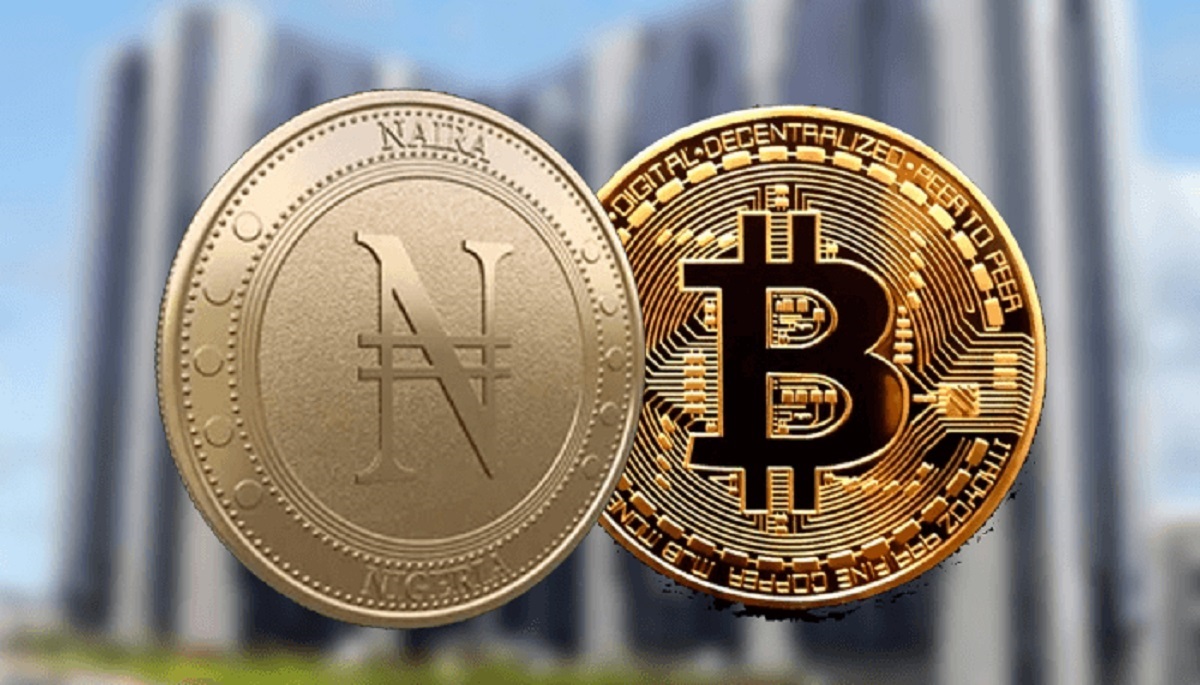
Nigeria’s Crypto Market: A Double-Edged Sword
Despite facing regulatory hurdles and economic challenges, Nigeria remains a cryptocurrency powerhouse in Africa. The country’s young and tech-savvy population, coupled with a rapidly growing economy, has fueled a surge in interest and adoption of digital assets.
A Global Leader in Crypto Adoption:
According to Google Trends data, Nigeria ranks second globally in terms of Bitcoin interest, trailing only El Salvador. This trend is mirrored by a study from CoinGecko, which found that Nigeria accounts for a significant portion of the cryptocurrency market share in Africa.
Economic Factors and Regulatory Challenges:
The country’s economic instability, coupled with the devaluation of the Naira, has driven many Nigerians to seek refuge in cryptocurrencies as a store of value and a means of preserving wealth. However, the government’s strict regulatory stance, including bans on bank transactions with unlicensed virtual providers, has created challenges for the industry.
Taxation and Regulation:
Despite these obstacles, the Nigerian government has not abandoned its pursuit of tax revenue from the cryptocurrency market. The recent introduction of a 7.5% VAT on transaction fees by KuCoin is a testament to this. While the Finance Act of 2022 aimed to impose a 10% capital gains tax on digital assets, its provisions have yet to be fully implemented.
A Bright Future Despite Challenges:
Despite the setbacks, Nigeria’s cryptocurrency market shows signs of resilience. The recent approval of Quidax and Busha by the Securities and Exchange Commission marks a significant step towards a more regulated and legitimized crypto ecosystem.
As the country continues to navigate the complexities of cryptocurrency adoption, it remains a key player in the global digital asset landscape.
Terry Kunle, web3 media consultant writes from Lagos.

